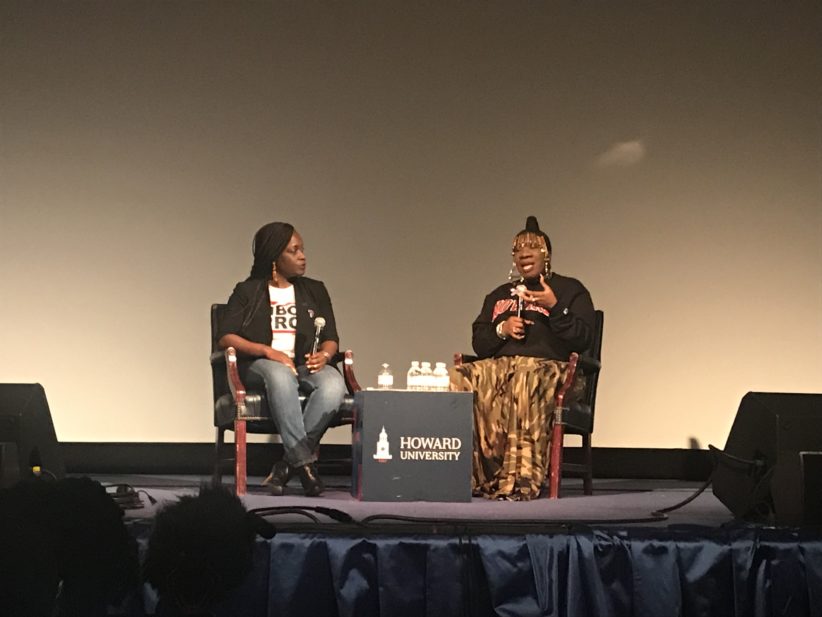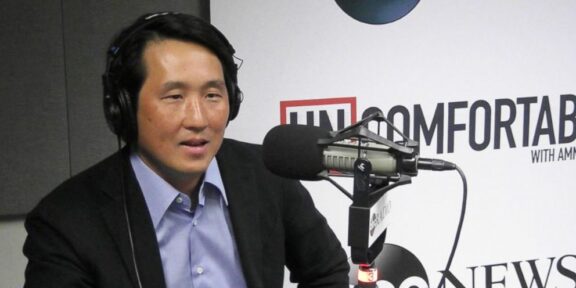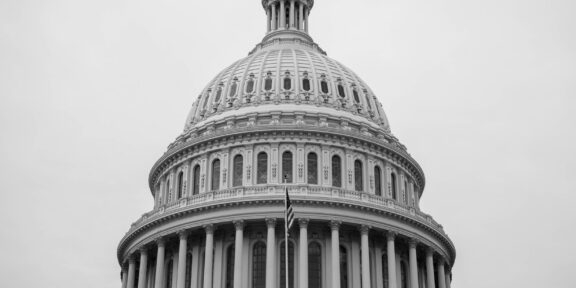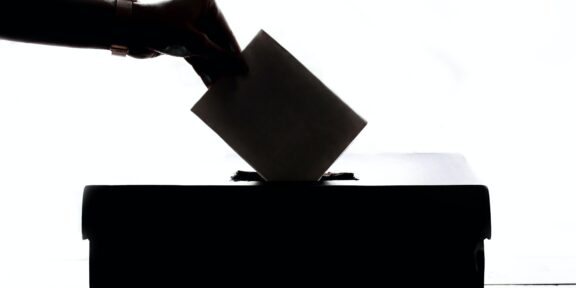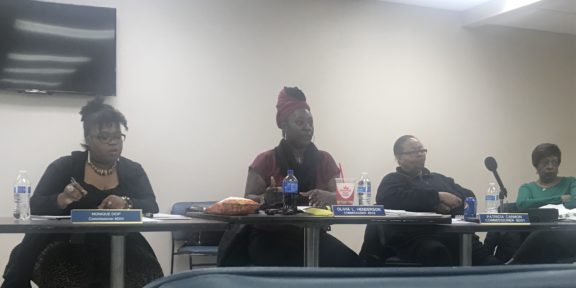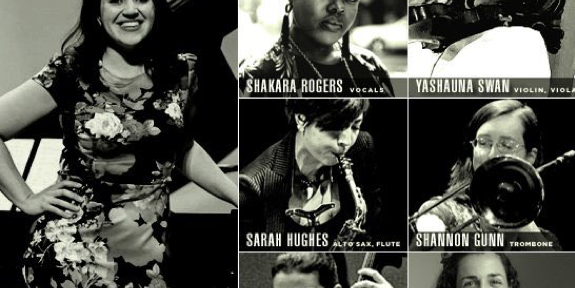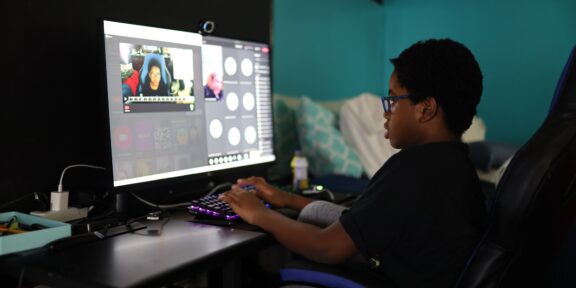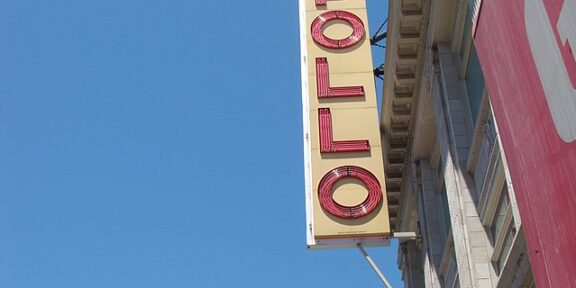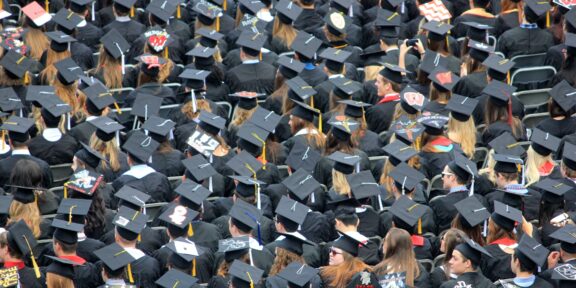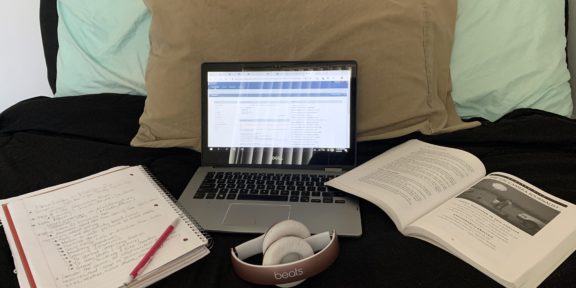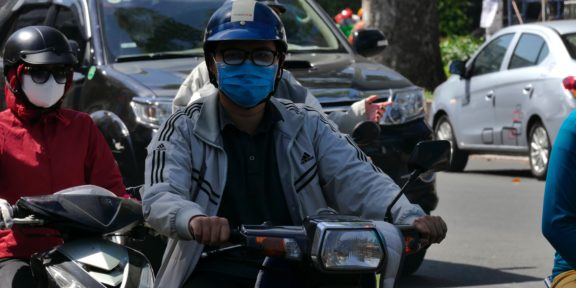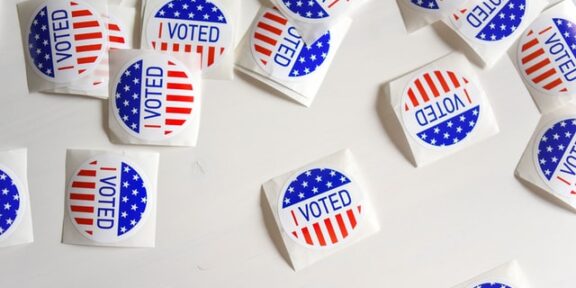By: Amiyah King
One week after the arrest of 35-year-old Julian Everett, a DC man accused of posing as a student in order to sexually assault Howard University women, ‘me too’ founder and advocate Tarana Burke visited the campus to discuss sexual assault and reconciliation.
‘Me too’ founder and advocate, Tarana Burke, visited Howard University to discuss sexual assault and reconciliation one week after the arrest of Julian Everett, 35, a DC man accused of posing as a student in order to sexually assault university women.
The ‘me too’ HBCU tour addressed the handlings of campus-related sexual violence, which have been a concern of Howard students since the 2017 lawsuit where a Howard student was removed from her dormitory after being assaulted by a resident assistant, who remained in his position after the incident.
As a result, students banded together on social media and in administration forums to create a presence on campus and demand change.
In coordination with the office of the Dean of the Chapel, Burke alongside activist, Dr. Yaba Blay, kicked off the ‘me too’ HBCU tour at Howard with a daylong event. Tuesday started off with a panel and ended with info sessions and a fireside chat. Burke hosted a two-hour discussion in Cramton auditorium with herself, Blay and author Darnell Moore.
Burke and Blay lead the discussion giving testimonies of various HBCU students they’d spoken to, including Howard students, who revealed that they did not feel safe on their campuses and felt more policed than protected. Burke said that some Howard students even admitted that they did not trust administration to protect them.
In a message to Howard’s administration , Burke said, “Think about how your work to promote against sexual violence reflects your values. Students need to see the excellence, leadership, truth, and service executed through your policies.”
Burke made a personal commitment to help make that happen that evening.
The conversation was centered around awareness of sexual violence and reconciliation, especially on college campuses. Blay addressed the trauma of handling a case of sexual assault in such close proximity with the perpetrator.
“Many of us who experienced sexual violence have to go back to the communities where we were harmed, which is why community healing is just as important to the process as individual healing,” Blay said.
Burke mitigated the conversation by adding transitional points toward reconciliation for Howard students who may be victims of sexual violence.
“There needs to be a culture shift in the way we think about our rights and bodily autonomy,” Burke asserted.
Burke and Blay continued on the conversation emphasizing the role African American culture has played the discussion of sexual violence.
“Rape culture on this campus is not unlike what we see in our homes,” Burke said while explaining the reasons why she believes sexual assault claims go unmade. (Insert statistic) According to Rape, Abuse & Incest National Network (RAINN), less than 25 percent of women report sexual assaults – even less at 20 percent for female college students – and less than one percent of reported cases will lead to a felony conviction.
“We have a legacy of silence in our community so we’ve seen silence as protection,” said Burke.
In an effort to contribute to the overall improvement of how sexual assault cases are handled at Howard, the ‘me too’ team coordinated a contract that was signed by the university’s Provost, Dr. Anthony K. Wutoh.
The contract promised to provide a more clear and accessible process to filing a Title IX claim, refresher courses throughout student matriculation on sexual violence, adequate faculty training, and an anonymous online portal for making reports.
As Wutoh signed the contact in front of the seemingly hopeful audience at Cramton, Burke swept in with one last act to steal the show.
She turned over a $10,000 check to the school to sponsor the changes promised in the contract. Along with this, she’s formulated the first ‘me too’ HBCU task force of Howard students who will be committed to upholding the agreements in the contract and creating a more safe environment for students on campus.
One week after the arrest of 35-year-old Julian Everett, a DC man accused of posing as a student in order to sexually assault Howard University women, ‘me too’ founder and advocate Tarana Burke visited the campus to discuss sexual assault and reconciliation.
‘Me too’ founder and advocate, Tarana Burke, visited Howard University to discuss sexual assault and reconciliation one week after the arrest of Julian Everett, 35, a DC man accused of posing as a student in order to sexually assault university women.
The ‘me too’ HBCU tour addressed the handlings of campus-related sexual violence, which have been a concern of Howard students since the 2017 lawsuit where a Howard student was removed from her dormitory after being assaulted by a resident assistant, who remained in his position after the incident.
As a result, students banded together on social media and in administration forums to create a presence on campus and demand change.
In coordination with the office of the Dean of the Chapel, Burke alongside activist, Dr. Yaba Blay, kicked off the ‘me too’ HBCU tour at Howard with a daylong event. Tuesday started off with a panel and ended with info sessions and a fireside chat. Burke hosted a two-hour discussion in Cramton auditorium with herself, Blay and author Darnell Moore.
Burke and Blay lead the discussion giving testimonies of various HBCU students they’d spoken to, including Howard students, who revealed that they did not feel safe on their campuses and felt more policed than protected. Burke said that some Howard students even admitted that they did not trust administration to protect them.
In a message to Howard’s administration , Burke said, “Think about how your work to promote against sexual violence reflects your values. Students need to see the excellence, leadership, truth, and service executed through your policies.”
Burke made a personal commitment to help make that happen that evening.
The conversation was centered around awareness of sexual violence and reconciliation, especially on college campuses. Blay addressed the trauma of handling a case of sexual assault in such close proximity with the perpetrator.
“Many of us who experienced sexual violence have to go back to the communities where we were harmed, which is why community healing is just as important to the process as individual healing,” Blay said.
Burke mitigated the conversation by adding transitional points toward reconciliation for Howard students who may be victims of sexual violence.
“There needs to be a culture shift in the way we think about our rights and bodily autonomy,” Burke asserted.
Burke and Blay continued on the conversation emphasizing the role African American culture has played the discussion of sexual violence.
“Rape culture on this campus is not unlike what we see in our homes,” Burke said while explaining the reasons why she believes sexual assault claims go unmade. (Insert statistic) According to Rape, Abuse & Incest National Network (RAINN), less than 25 percent of women report sexual assaults – even less at 20 percent for female college students – and less than one percent of reported cases will lead to a felony conviction.
“We have a legacy of silence in our community so we’ve seen silence as protection,” said Burke.
In an effort to contribute to the overall improvement of how sexual assault cases are handled at Howard, the ‘me too’ team coordinated a contract that was signed by the university’s Provost, Dr. Anthony K. Wutoh.
The contract promised to provide a more clear and accessible process to filing a Title IX claim, refresher courses throughout student matriculation on sexual violence, adequate faculty training, and an anonymous online portal for making reports.
As Wutoh signed the contact in front of the seemingly hopeful audience at Cramton, Burke swept in with one last act to steal the show.
She turned over a $10,000 check to the school to sponsor the changes promised in the contract. Along with this, she’s formulated the first ‘me too’ HBCU task force of Howard students who will be committed to upholding the agreements in the contract and creating a more safe environment for students on campus.

